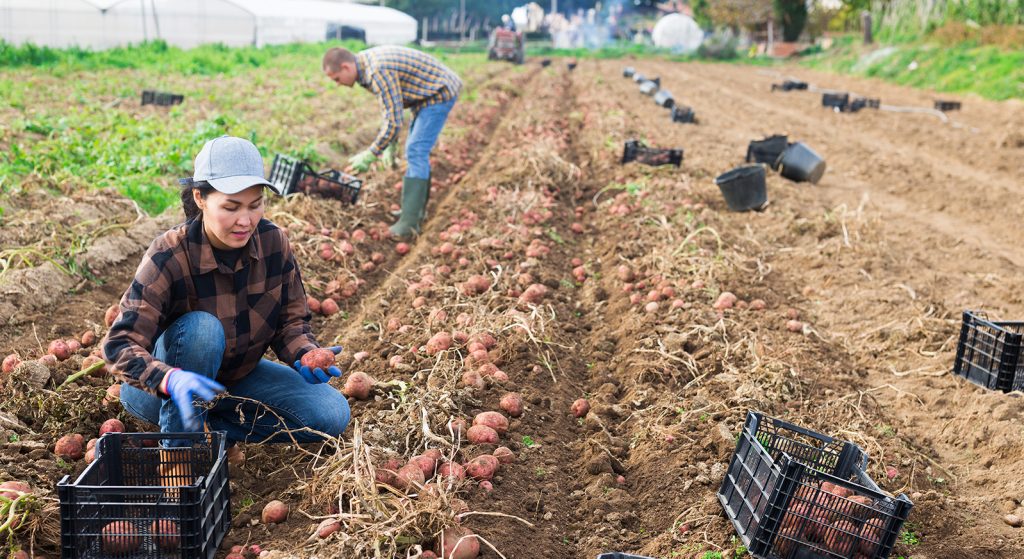Farm Action has just published a Fair Farm Bill Policy Handbook as a central piece of its Fair Farm Bill campaign. The goal of the Fair Farm Bill campaign is to break the mold of past farm bills, which have enabled a consolidated, industrialized food and agriculture system that only benefits the large corporations reporting record-high profits. Meanwhile, farmers are struggling to survive, American consumers face skyrocketing food prices and empty shelves, and workers are frequently forced to accept low wages under hazardous conditions.
The farm bill is the best opportunity to enact meaningful reforms, and Farm Action’s Fair Farm Bill Policy Handbook can guide policymakers and advocates as they navigate through this lengthy process. The Handbook sets forth concise, concrete, and actionable policy recommendations within each of the campaign’s four Pillars of change:
- Food, Not Feed: The majority of government agriculture funding supports intensive livestock and poultry production (CAFOs) or the production of grains to feed these animals. If we instead supported the production of food that feeds people, farmers could escape the treadmill of industrial agriculture and profitably grow food for their communities.
- Justice for All: We will all benefit in a fair and inclusive society, so we need to make credit accessible to all, ensure robust representation on government boards and commissions, and direct funding to organizations led by members of disadvantaged communities that provide technical assistance.
- Build Local, Eat Local: By breaking up agrifood corporations and investing in local and regional food systems, we can enhance market transparency and competition, and create a resilient food and agriculture system that will feed us even if calamity strikes.
- Conservation and Regeneration: In order to benefit from subsidized insurance programs, recipients should be required to implement conservation and regenerative practices that mitigate the extreme weather patterns that contribute to the rising costs of these taxpayer-funded programs.
If Congress made the recommended changes within these four categories, they could transform our food and farm system into one that is fair, inclusive, and competitive.
Farm Action also issued an accompanying Fair Farm Bill Primer to provide more background on some of the farm bill programs, agencies, and acronyms at the center of the organization’s policy initiatives.
To advance the policies in the handbook, Farm Action staff is currently conducting outreach to members of the U.S. Senate and House of Representatives, as well as officials in the Biden administration.
Media Contact: Dee Laninga, [email protected], 202.450.0094




